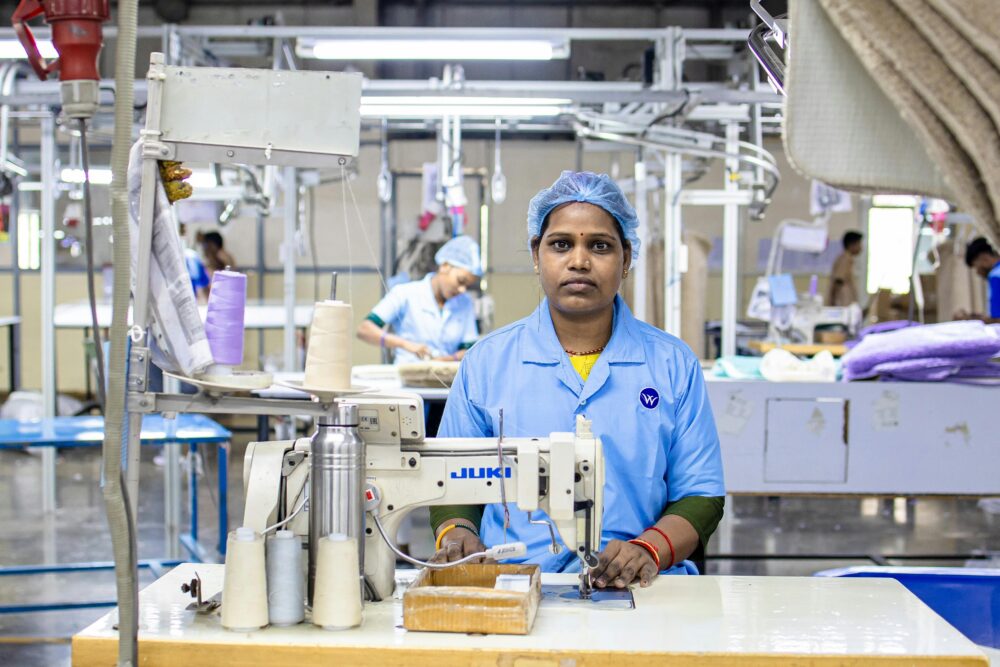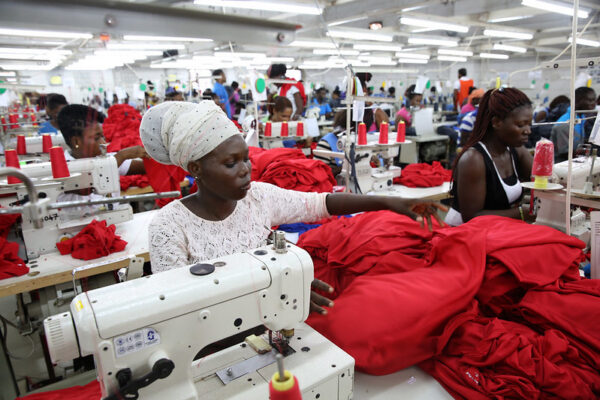El trabajo forzoso es un problema mundial que afecta a aproximadamente 50 millones de personas que viven actualmente en esclavitud moderna. Ocurre cuando se obliga a las personas a trabajar contra su voluntad mediante la fuerza, el fraude o la coerción. La Organización Internacional del Trabajo (OIT) define el trabajo forzoso como «todo trabajo o servicio involuntario exigido bajo la amenaza de una pena y para el cual la persona no se ofrece voluntariamente».
Ciertas industrias son más vulnerables al trabajo forzoso, en particular los sectores de la confección y los servicios, que suelen emplear a un gran número de mujeres. Regiones como Asia corren un riesgo especial debido a su concentración de industrias orientadas a la exportación y con uso intensivo de mano de obra. Los trabajadores migrantes, tanto nacionales como extranjeros, se encuentran entre los más afectados, sacrificando a menudo su libertad para mantener a sus familias. En muchos casos, los trabajadores pueden incluso desconocer que se encuentran en situaciones de trabajo forzoso.
La Prohibición del Trabajo Forzoso es la segunda de las 12 Principios de Producción Responsable Acreditada a Nivel Mundial (WRAP). La misión de WRAP es supervisar y certificar de forma independiente que los productos cosidos se fabriquen en condiciones seguras, legales, humanas y éticas. Las instalaciones que participan en WRAP se comprometen voluntariamente a cumplir estos estándares y a garantizar que sus contratistas y proveedores hagan lo mismo. Los auditores de WRAP están capacitados para identificar indicios de trabajo forzoso durante las evaluaciones de las fábricas y están obligados a informar sobre cualquier problema.
WRAP espera que todo empleo sea estrictamente voluntario. Las instalaciones no deben utilizar mano de obra forzada, penitenciaria, en régimen de servidumbre por deudas, en régimen de servidumbre ni servidumbre por trata de personas. Los contratos de trabajo deben cumplir con todos los requisitos legales y no deben imponer condiciones coercitivas, como multas cuantiosas, amenazas de deportación o restricciones a la capacidad del trabajador para dejar su trabajo voluntariamente.
A pesar de los marcos legales internacionales, la legislación nacional, las certificaciones de fábrica como WRAP y los códigos de conducta de las marcas, el trabajo forzoso sigue estando muy extendido. Esta persistencia se debe a menudo a la aplicación inconsistente de las normas, la falta de transparencia en las cadenas de suministro globales, las inspecciones deficientes y la corrupción. Estos factores permiten que el trabajo forzoso persista, lo que socava los esfuerzos para erradicarlo.
Subburaja Ayyasamy es Director de Operaciones de WRAP para Sri Lanka, Oriente Medio y Norte de África, y Representante para el Sur de la India. Se incorporó a WRAP en enero de 2013.




